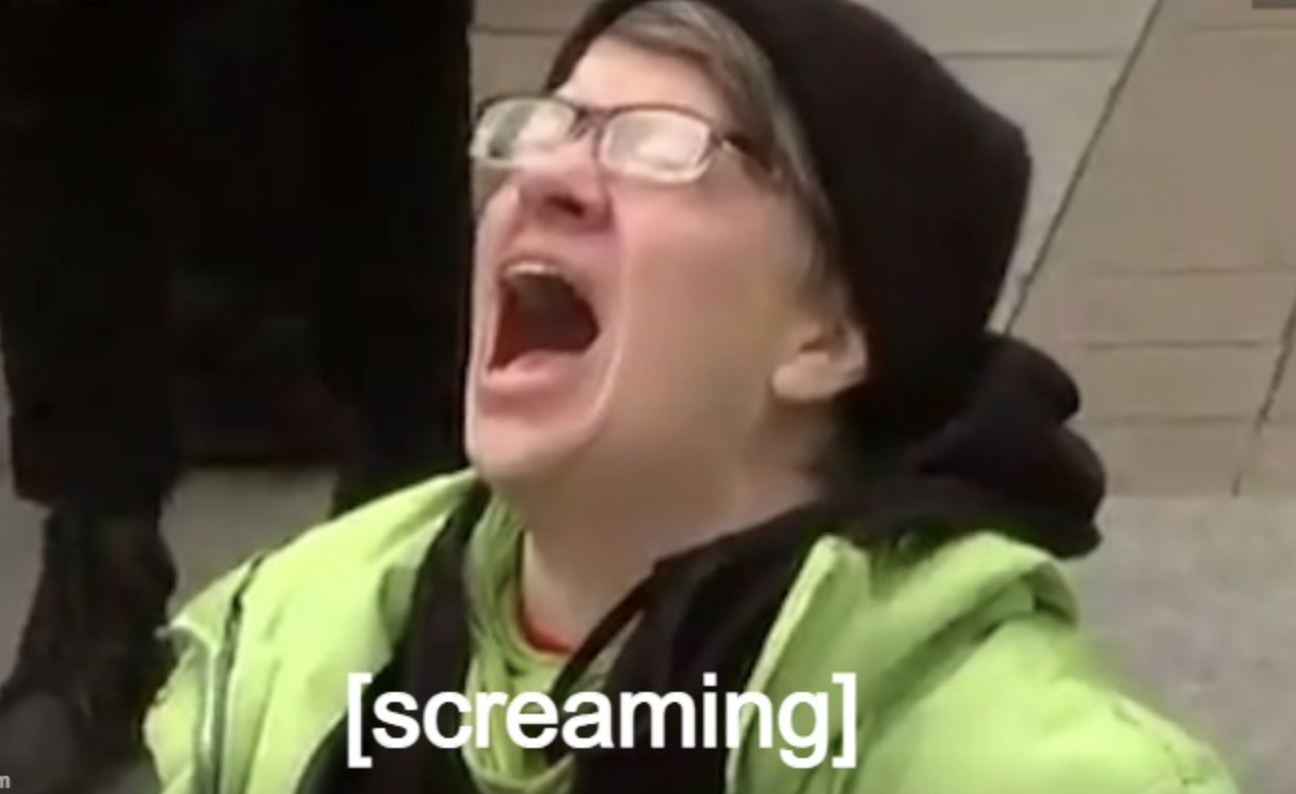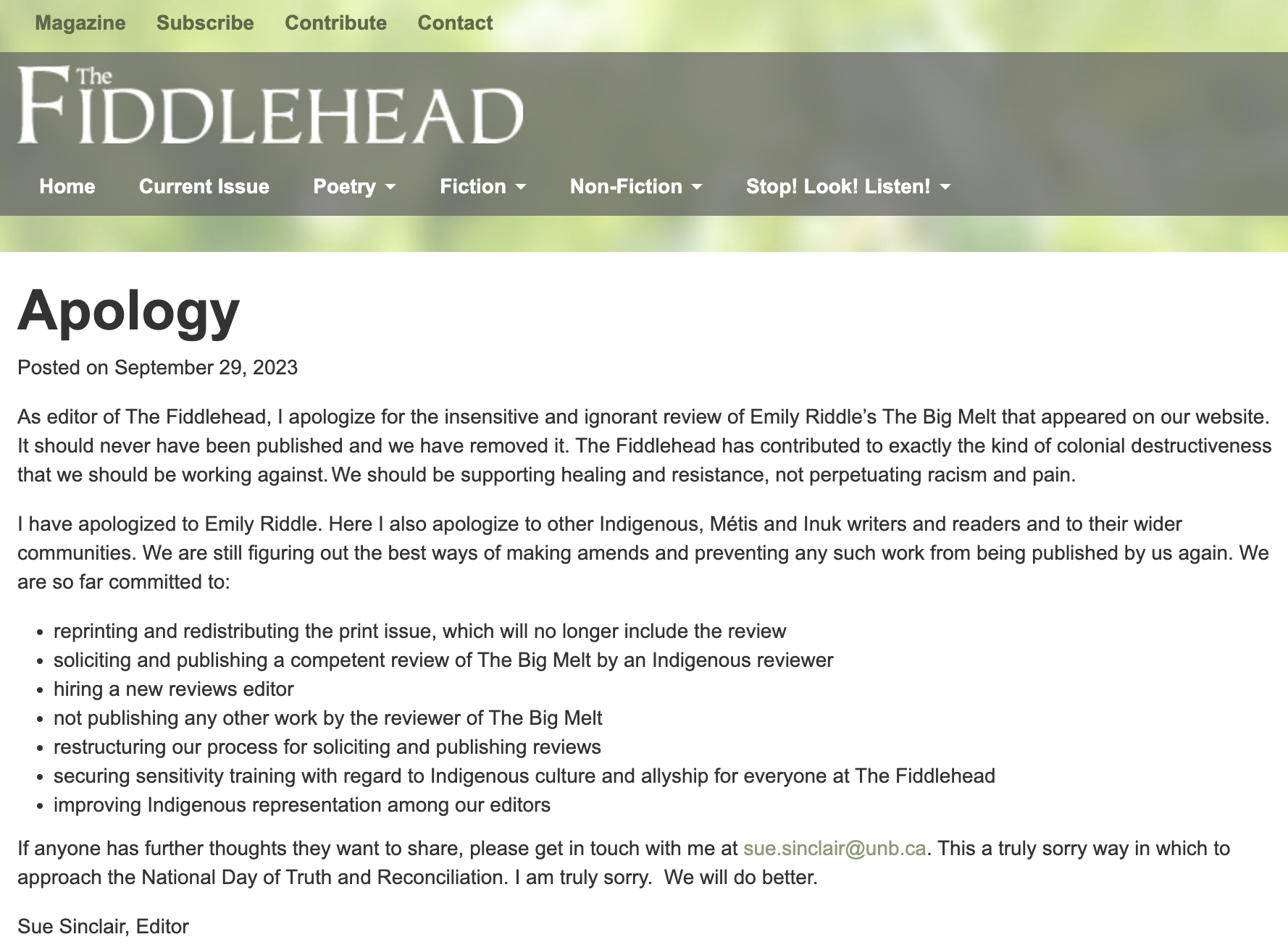My recent interview with Sarah Taggart brought up the concept of writing up and writing down. I was still trying to absorb it as I engaged in a lengthy debate on the topic with one of Sarah’s friends on Facebook. As I understand it, and I may not understand it at all, writing up involves the consideration of the social position of the writer versus the social position of the character in the writer’s story. If the writer is considered to have a lower position than the character in the story, there is complete freedom of expression as no damage can result from the inaccurate portrayal of someone with a higher position. If the writer is considered to have a higher position than the character, extreme care, respectful awareness, and the checking of privilege are employed to ensure that no damage is done and no offense is taken by marginalized groups who might see themselves reflected in the fictional characters the writer has imagined.
I can see a few potential problems with this line of thought. First, how are we going to determine social position? In Sarah’s story, for example, she is talking about a bunch of white guys in a strip club. They make decent wages, so income is part of the equation, but Sarah clearly has an advantage with education. Age-wise, let’s call it a wash. If the majority of university graduates are women (60% according the 2006 Census), and low- to mid-skill jobs traditionally occupied by males are disappearing, can we be sure that these guys are still at the top?
Another difficulty arises when we assume things about an individual from the perceived and assumed characteristics of the group to which that individual belongs. This is the foundation of racism. Old white males rule the world. I am an old white male, therefore I rule the world? Am I the patriarchy? As we gather more information about each other as individuals, group categorization becomes impossible, and the direction you’re writing in becomes more difficult to determine.
Respectful awareness seems like a vague term, likely to be defined many different ways. My respectful awareness involves selecting a set of words that interests and entertains the reader, but my responsibility is to my story, to the art form, not to whatever social engineering project happens to be popular this year. Has the writer, a creator of fictional worlds, become responsible for individuals in the real world? Did the writer just become a therapist? Is the writer responsible for healing? Does the writer have a responsibility to make the world a better place, to advance progressive social policy?
Restricting what a writer can and cannot write about seems highly problematic for me. Sarah thinks this will never happen, that we will continue to explore the “other”, but if writers must calculate their position relative to that of their subject matter, the subject matter may very well change. An old white male writer might stick to old white male characters for fear of being attacked by politically hyperactive critics. It sounds like a pretty bland future. This would only create more criticism because marginalized groups wouldn’t see themselves represented in published fiction.
Old white males take up too much space, get published too often, have too much power, don’t check their privilege enough, and have a patriarchal, misogynistic mindset. The last thing we need is another book or story by another white guy. Drunk with his own entitlement and power, he has nothing new to say. We already know everything we want to know about him, about his kind. What’s an old white male writer to do? Quit. Better yet, kill yourself, as they so casually say on the intertubes. That would neatly address many complaints and concerns.
Okay, maybe that was a little dark. Time for some light. The last story I published featured the famous residents of the downtown east side in Vancouver. My editor, who checked quite a number of marginalized group boxes, had pages of notes, not one of which mentioned writing up, down, or sideways. A tip of the hat to my wonderfully writing-centric, very non-male, non-heteronormative editor at Grain.





Yes. Very thoughtful. Thanks, Oscar.